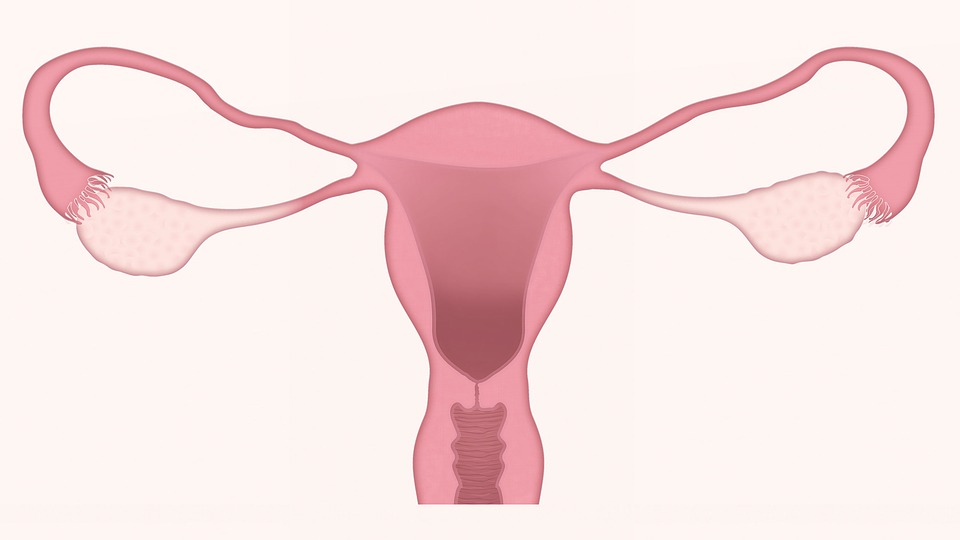If you’re diagnosed with PCOS, it can explain a lot of the symptoms you’ve been experiencing, and give you some pointers about how to manage them to ensure you’re enjoying the best possible quality of life. Unfortunately, if your doctor isn’t able to explain the condition to you clearly, you might leave the appointment more confused than when you went into it.
Today we’re looking at how PCOS affects you, to help you understand the condition a little better.
The Causes of PCOS
Polycystic Ovary Syndrome is driven by hormonal changes in your body. Doctors don’t currently know what triggers these changes, but when the condition takes hold, you begin to produce more insulin – the hormone that governs how your body handles sugar. Over time, this means your body gets less responsive its effect, which leads to weight gain, which in turn leads to more insulin production – it’s a feedback loop. Gaining weight also encourages your body to produce more oestrogen.
As well as weight gain, this overproduction of insulin causes your body to produce additional androgen. Between the interactions of these three hormones, all the symptoms of PCOS are caused.
The List of Symptoms
PCOS comes with a long list of symptoms. Some of the most notable ones are the weight gain we looked at above; skin discolouration – patches of skin that are notably darker than those around them; hirsutism – unwanted hair growth on areas like the chin and back; thinning hair or hair loss; and depression and anxiety.
It’s not known if the mental health effects of PCOS are biologically linked to the hormone levels or simply the result of the stress of living with the other symptoms of the condition, and the affect it may have on your self-image. Regardless, the effects are real and shouldn’t be discounted.
Fertility Effects
Perhaps the most well known and dramatic symptoms of PCOS are the ones that affect your reproductive health. PCOS and ovulation are linked, because the additional androgen and oestrogen that the condition causes your body to produce interfere with the process by which your body matures and then releases an egg in each cycle.
With these hormones delaying an egg from becoming fully mature and fertile, and preventing it being ovulated, your ovulation dates become irregular – you don’t know when you’re going to ovulate. You may also skip ovulation altogether, which deprives you entirely of an opportunity to get pregnant.
Once you understand how PCOS affects your body, you can begin to manage the condition, and reduce the effects of the symptoms, helping you lose weight, boost your fertility, and enjoy an excellent level of general health.
A great step in determining whether you’re experiencing PCOS would be consulting a professional gynecologist, like this OBGYN in Rockwall, TX. There are other conditions that have similar symptoms, and assuming you’ve contracted PCOS without being examined by a professional is a bad idea. It could be that you’re dealing with a thyroid disorder, there could also be psychological issues involved, and you might simply be experiencing the unpredictable fallout of a bad diet. Pancreatic issues commonly develop from excess sugar consumption, and the associated insulin shift may have nothing whatever to do with any sort of hormonal issue centered in your reproductive organs. Also, irregular ovulation can be a sign of psychological distress, malnutrition, or aging. So it’s imperative that you know the signs and symptoms, but it’s just as imperative you choose the way in which you treat your condition based on the advice of a professional. You may have PCOS, but it could be something else.



